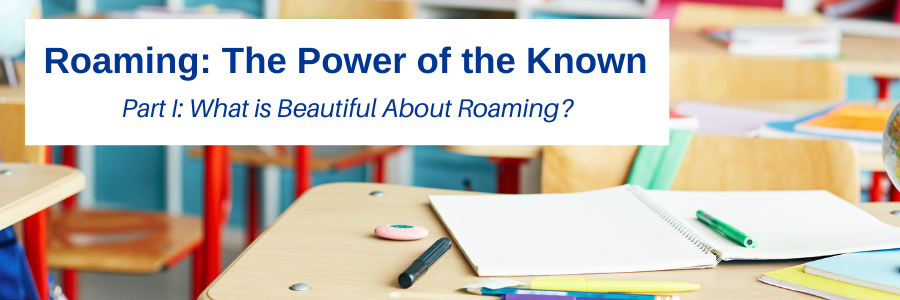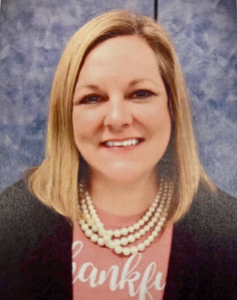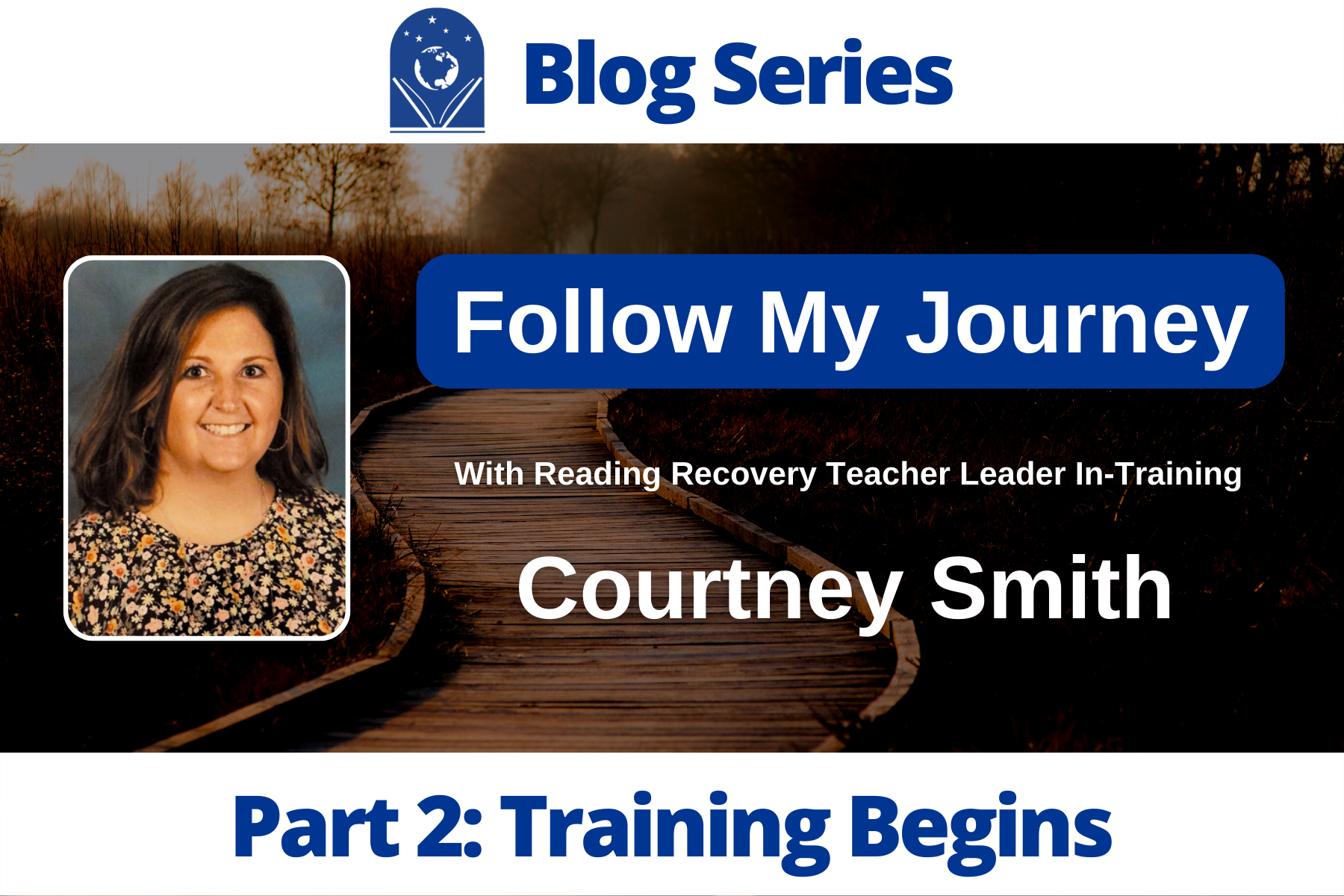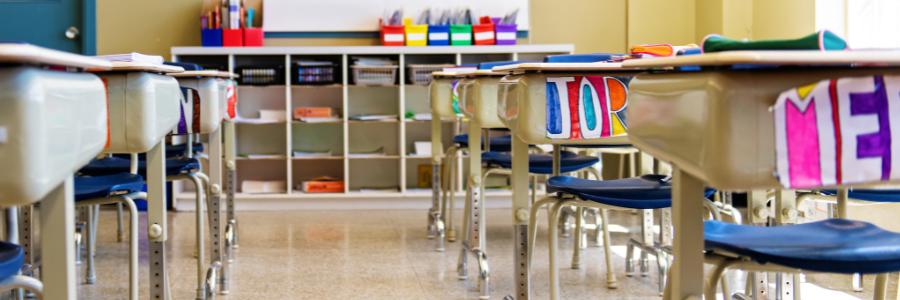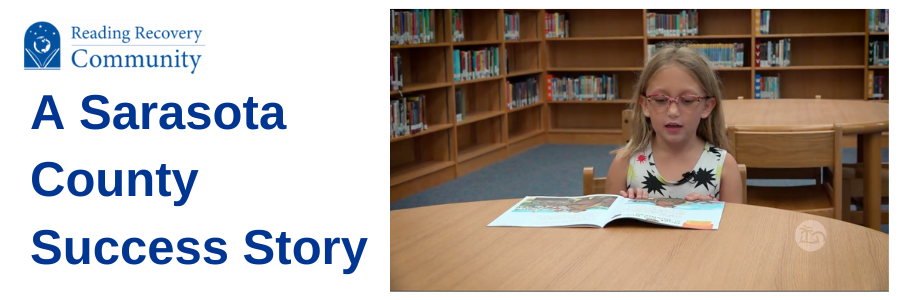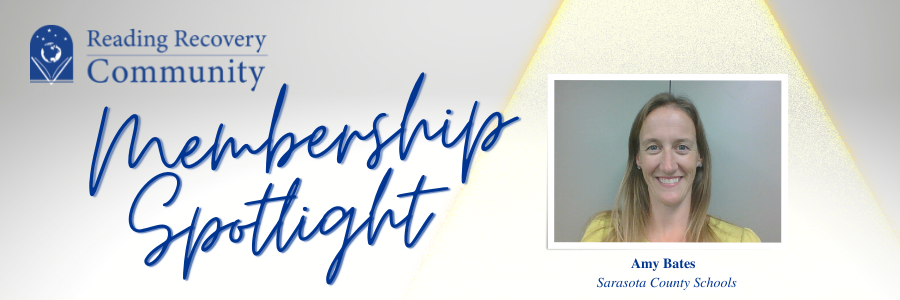What is Beautiful About Roaming?
It’s Roaming Week at RRCNA! Check back in on Thursday for the rest of our two-part blog series Roaming: The Power of the Known for the blog The Power of Name: Getting Students Off to a Powerful Start in Roaming.
The year that I completed my Reading Recovery training, I shared a teaching space with a highly seasoned Reading Recovery teacher. After teaching in the classroom, the idea of only working with what is known during Roaming was such a stretch for me. I would begin my Roaming lesson thinking I was doing ok, only to hear from across the room, “You’re teaching!” I began to dread those Roaming lessons because I knew that I was under scrutiny. I know that this teacher was only trying to help. It may have just taken her words to help guide me to the discovery that time spent in Roaming can be beautiful.
How can it be beautiful? I find that our students who qualify for Reading Recovery already feel defeated. They recognize that they are behind their peers and that literacy learning does not come easy to them. This awareness is hard to overcome but, brilliantly, Dr. Clay designed this special Roaming time to help us show them that, yes, they can be successful.
Roaming is a time to get personal. This time allows us, the teachers, to get to know the child, more closely than any other teacher has before. We need to discover their interests, their passions, their family dynamic, etc. During Roaming, we can develop a rapport with them and this genuine interest is not missed by many children. Without the time to discover this particular child’s personality, conversations in further lessons will be contrived and strained.
Roaming is a time to have fun! Read those books that are of high interest, whether they are read to the child, read with the child, or at a level that the child can read easily without frustration. Write fun stories about superheroes, princesses, pets, and loved characters. Personally, I ask parents to send me pictures of the child doing what he or she loves from home. Those faces light up when they see a picture of a pet or a family member that they can write about. I also hang their writing completed during Roaming in the hallway and they notice. I see and hear them in the hallway pointing their work out to their friends.
While we are not explicitly teaching during Roaming, our students are still learning from our wise modeling and immediate assistance. At a recent LitCon conference, Mary Fried shared her study of High Impact Reading Recovery teachers. She noted what successful teachers had going RIGHT during the first 6 weeks of lessons. One aspect that I found interesting is that these teachers reassessed each child’s Writing Vocabulary and Hearing and Recording Sounds in Words at lesson 10, as well as Mary Fried’s Letter Formation and Clay’s Record of Oral Language. Now that I am a Reading Recovery Teacher Leader, I encouraged my teachers to complete these activities to see the growth that occurred during Roaming, especially after the low scores we saw following Covid quarantines. It was not surprising to see students grow 2-3 or more stanines after only 10 lessons of Roaming! While we are not teaching, they are surely learning!
For a student to experience success with literacy tasks with our expert support during Roaming is quite possibly what begins to change the trajectory of his or her literacy learning. This, my friends, is quite a beautiful thing!
Nancy Lane has worked as an educator in the lower primary grades for a total of 25 years. She has been involved in the Reading Recovery community for a total of 17 years, 12 years as a Reading Recovery Teacher and the last five as a Reading Recovery Teacher Leader at the LaRue County Reading Recovery Site in Hodgenville, Kentucky. Nancy is also a National Board Certified Teacher in the area of Literacy: Reading-Language Arts/ Early and Middle Childhood. In her free time, she enjoys spending time with her family, which includes her husband, their two children, and three rowdy dogs.

